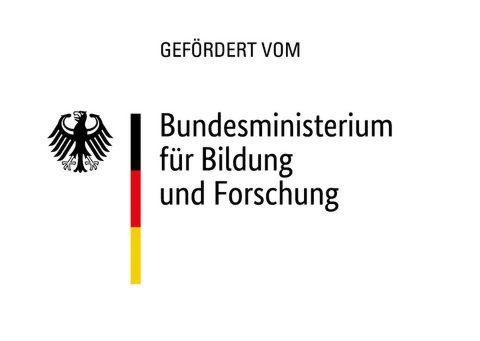
Can artificial intelligence (AI) help students of Law and Economics develop their writing and argumentation skills? Under the supervision of legal expert Professor Urs Kramer, researchers at the University of Passau are looking into this question and receiving funds worth around two million euros from Germany's Federal Ministry of Education and Research (BMBF) to do so.
In many degree programmes, students need to acquire subject-specific writing and argumentation skills. These skills include the ability to learn texts and use them as inspiration for own text productions, to adequately express themselves in the written language and to convincingly present subject-specific frames of reference in writing. Against the backdrop of increasing linguistic, social and cultural diversity among new students, in combination with limited capacities on the part of lecturers, efforts to acquire such skills face remarkable challenges.
The BMBF project DEEP WRITE aims to promote these skills among students using AI and is piloting the scheme in the two popular degree courses in Law and Economics. An AI-supported assistance system will be developed in the project that links domain-specific knowledge graphs with deep language analysis and creates a scalable adaptive teaching and learning system. This system is geared towards synchronous teaching in face-to-face and online settings as well as asynchronous self-study. On completion of the pilot project, application can be expanded to include other study courses, disciplines and universities.
Lecturers at the University of Passau have long been exploring methods to activate students. The DEEP WRITE project gives them a chance to pool their didactic skills with expert knowledge from computer science. To do this, they use the classroom tool classEx which was developed at the University of Passau by Professor Johann Graf Lambsdorff and Professor Marcus Giamattei and has been successfully implemented in synchronous teaching around the world. This ensure that the data needed to "train" the AI is collected in a legitimate manner and interfaces to the assistant system are established. As a result, students can be given feedback on the structure and quality of the frequently unstructured texts they author.
The project is headed by Professor Urs Kamer who holds the teaching professorship in Public Law at the University of Passau. Other participants at the University of Passau are:
Professor Michael Granitzer (Chair of Data Science)
Professor Johann Graf Lambsdorff (Chair of Economic Theory)
The team also collaborates with the following non-university institutions:
Centre for Information Technology and Media Services (ZIM)
Transfer Forum Didactics-Technology
Innovation labs for education (DiLab; Dr. Christian Müller)
Early career researcher group CAROLL (Dr. Jelena Mitrović)
The Federal Ministry of Education and Research (BMBF) has awarded the project a four-year grant as part of the initiative "Artificial Intelligence in University Education". This is how the federal government and German states are looking to effectively spread the use of AI as a key technology across the entire breadth of the university education. Funding is available for measures that promote the qualification of future academic professionals and the configuration of KI-assisted learning and examination environments. With its DEEP WRITE project, the University of Passau was one of three Bavarian universities whose individual projects were approved.
The picture shows: Students activating the web app classEx on their smartphones so that they can participate in interactive experiments and surveys in the classroom.
| Principal Investigator(s) at the University | Prof. Dr. Urs Kramer (Lehrprofessur für Öffentliches Recht) |
|---|---|
| Project period | 01.12.2021 - 30.11.2025 |
| Website | https://www.uni-passau.de/deepwrite |
| Source of funding |

BMBF - Bundesministerium für Bildung und Forschung

BayStMWK - Bayerisches Staatsministerium für Wissenschaft und Kunst
|
| Förderhinweis |
„Digitale Hochschulbildung“ des Bundesministeriums für Bildung und Forschung (BMBF); Bundeshaushalt, Einzelplan 30, Kapitel 03, Titel 68518, Haushaltsjahr 2021 |